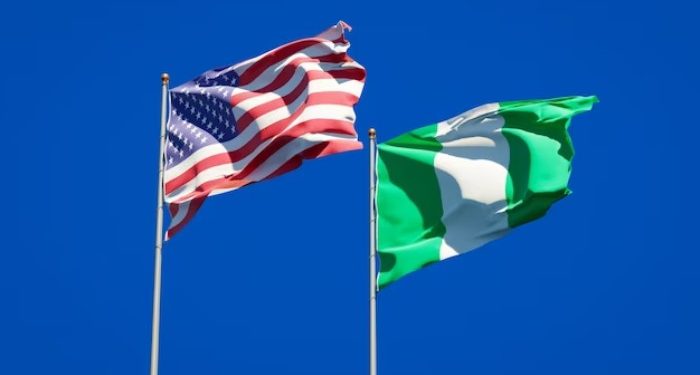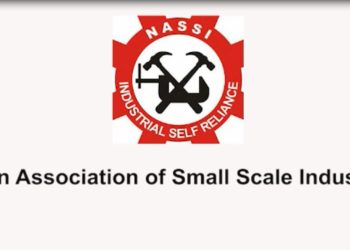Nigeria might be set to experience added trade barriers and increased tariffs on exports to the United States of America, a recent PwC report has warned.
Titled “Global Economic Policy Changes and Implications for Nigeria,” the report broke down economic problems for the nation in the near future as potential changes to President Donald Trump’s U.S. trade policies could be about to disrupt Nigeria’s access to key markets.
According to PwC, a potential Nigerian economic vulnerability can be triggered by the shutdown of the African Growth and Opportunity Act (AGOA), an American trade program that aids duty-free access to U.S. markets for goods coming from eligible sub-Saharan African nations.
In summary, if AGOA benefits do not get renewed, Nigeria might be set to wave goodbye to vital trade benefits, which will massively affect its exports of crude oil, agricultural products, and manufactured goods. This will be bad news for a nation that exported $1.76 billion worth of goods to the United States just last year, making it the 2nd-largest AGOA exporter after South Africa.
Any removal of AGOA benefits will immensely decrease Nigeria’s competitiveness in the U.S. market, leading to an automatic decline in export volumes and foreign exchange earnings. The major fear for the decision makers at Nigeria would be the decision affecting oil exports, which we all know is an important revenue source for Nigeria.
PwC’s report further warned of potential U.S. crude oil import bans or sanctions, which could immediately isolate Nigerian exports from American markets. There is even a huge possibility of such decisions triggering massive deportations of Nigerian workers from the U.S., which could significantly diminish remittance inflows, a key component of the country’s foreign exchange reserves.
The report also sheds some light on the devastating damage a suspended U.S. aid will cause, as it will negatively impact key sectors like healthcare, education, and infrastructure. A potential suspension would spell doom for Nigeria’s fiscal framework, thereby boosting the nation’s reliance on external debt.

Folami David is a dynamic journalist who views the world through an analytical lens, translating complex narratives across multiple industries into compelling stories. With an insatiable appetite for information and a keen eye for emerging trends, Folami specializes in uncovering the interconnections between technology, business, culture, and society.


















